The circular economy is a key method to pursue the EU’s economic, security and environmental goals at the same time. While circular economy policies and regulations are not new in the European Union, the new European Commission has recognised its strategic, horizontal significance in the new geoeconomic and geopolitical context.
Spurring new innovation across the EU single market, cutting off toxic dependencies and at the same time reducing climate emissions and nature footprints fits well in the agenda of the second Commission of President Ursula von der Leyen. To realise circular economy’s potential, the new Commissioner for Environment, Water Resilience and a Competitive Circular Economy, Jessika Roswall, is tasked to propose a Circular Economy Act to create market demand for secondary materials and establish a European single market for waste.
To make the circular economy’s strategic role clear, the Finnish Innovation Fund Sitra funded a study by Brussels-based think-tank Bruegel. The study, titled European circular single market for economic security and competitiveness, shows why the circular economy should be mainstreamed in EU policymaking. The circular economy should not be considered only as an instrument of environmental policy, but a key means to build economic security and strategic autonomy. It can also improve competitiveness of a resource-poor continent by bringing resources efficiency into supply chains and production. Finally, a circular economy can contribute to financial stability by decreasing demand for volatile, scarce, critical raw materials and by decreasing pressure on natural ecosystems crucial to our economies.
The report was discussed at a Bruegel event on 16 December 2024, keynoted by Commissioner Roswall.
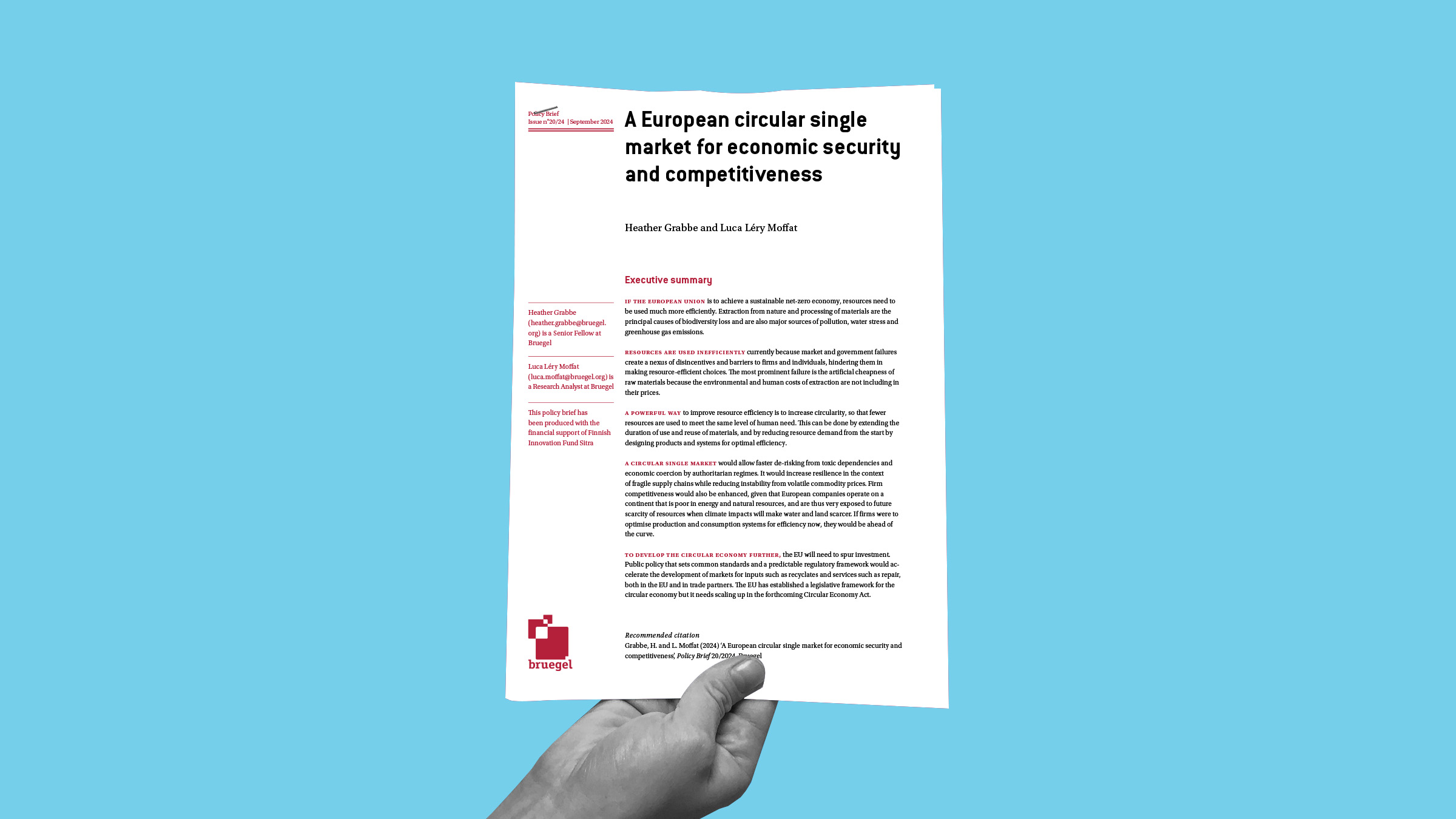

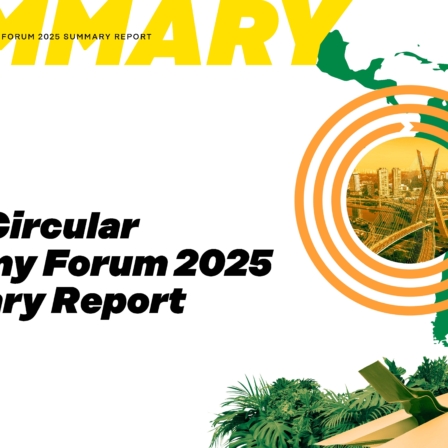


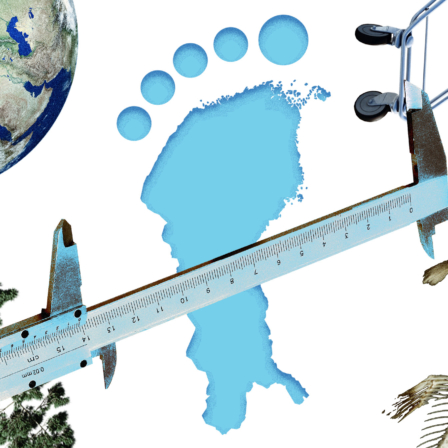




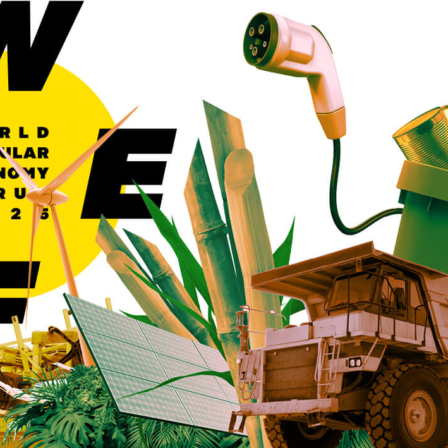





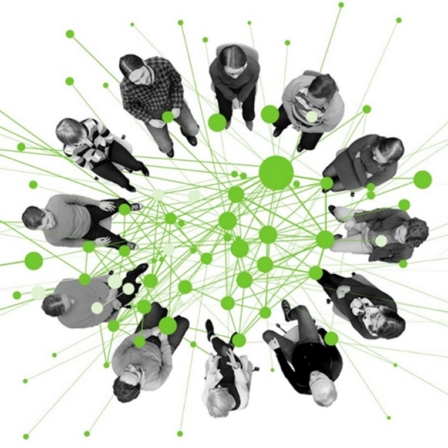
Recommended
Have some more.